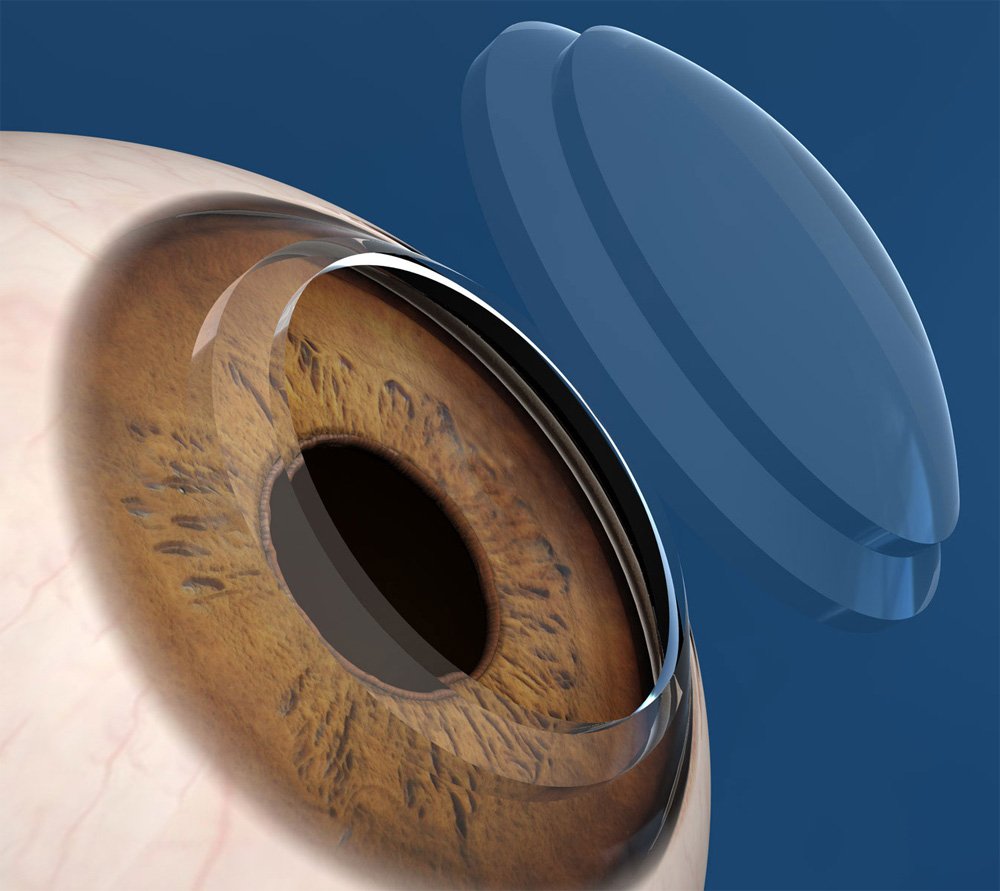Cornea transplantation seeks to replace the central part of the patient’s cornea. The probability of rejection is lower than any other transplanted organ since the cornea does not have a blood supply (blood vessels). This makes its admissibility greater than that of other organs, and although it does not have irrigation, it is innervated (it has sensitivity). The eye is the anatomical portion of the human body that has the most sensory nerve endings. It is nourished by the tear and the aqueous humor.

When is corneal transplantation considered?
Corneal transplantation is considered only in advanced cases, where the cornea has suffered its maximum deterioration, in which contact lenses have not counteracted keratoconus, the placement of intracorneal rings is not recommended or the Cross Linking procedure would not have no beneficial effect as the coning of the eye is advanced. We are pioneers in this type of surgery, we have been performing corneal transplants since 1992. We are one of the private ophthalmological centers with the largest number of transplants in Ecuador. We have obtained extraordinary results in our patients with the professionalism, experience and technology that have made Clínica Sancho the best in the ophthalmology sector.
The planning of this type of surgery depends on the availability of the tissue, it is usually performed with imported corneas from the United States, the procedure is outpatient and is performed with the application of general anesthesia which takes a little less than two hours. After surgery and after going through a recovery room, the patient returns home with an eye patch. The success of the corneal transplant depends on several factors, including the post-operative care of the patient, that is, the placement of prescribed medications in a disciplined way, frequent post-operative controls, avoiding eye rubbing, among others.
At Clínica Sancho we have several ophthalmologists accredited by the National Institute for Organ, Tissue and Cell Donation and Transplantation INDOT, such as Dr. Byron Sancho, Dr. Christian Sancho, Dr. Rubén Landazuri and Dr. Ligia Sancho and Dr. Pedro Finol.

